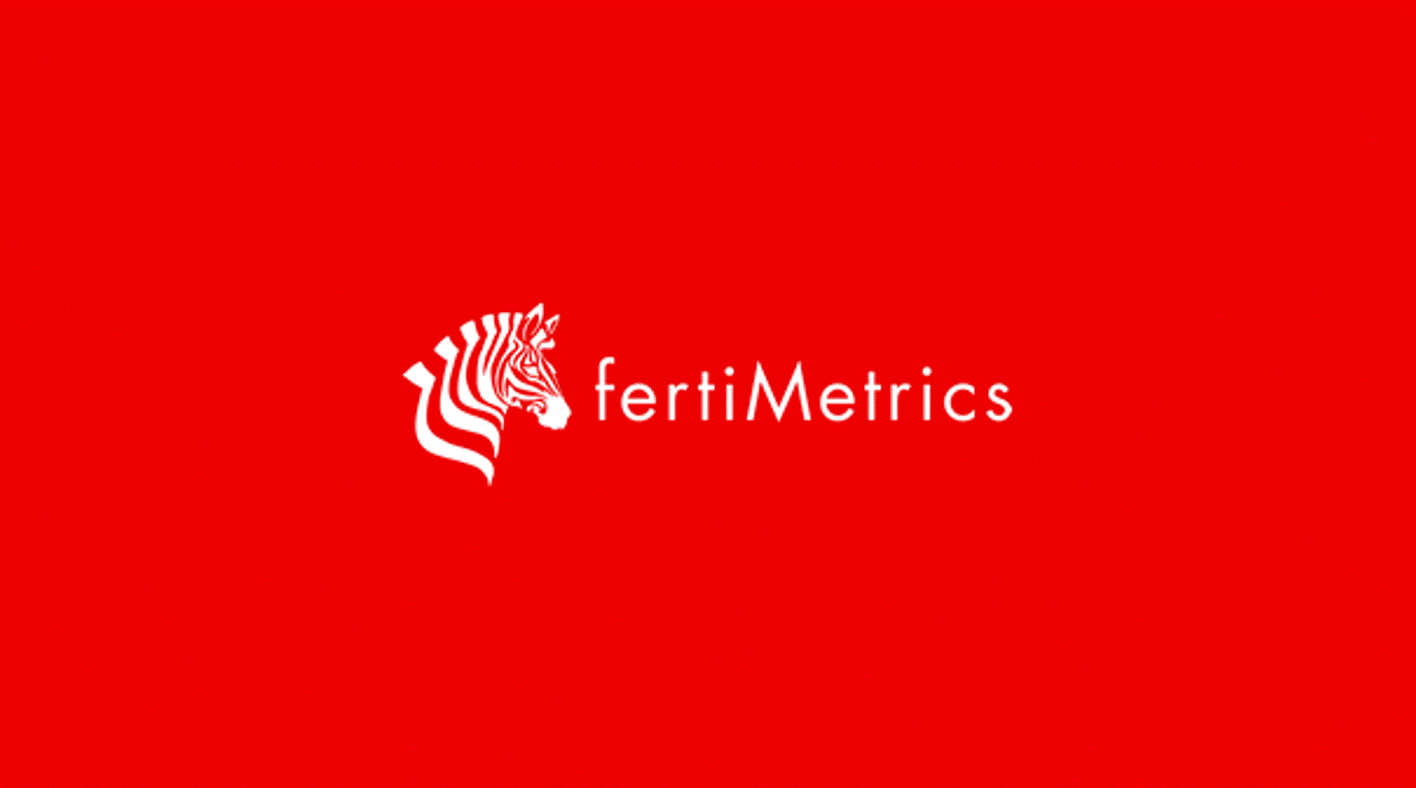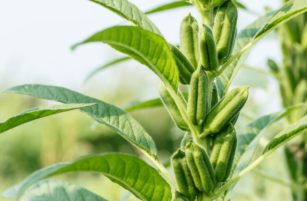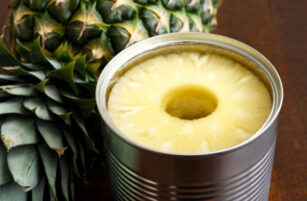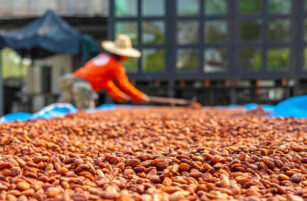Insight Focus
- Reduced India urea tender purchase hits prices.
- Potash markets remain soft except in Brazil
- Ammonia market slow due to Ramadan festivities.
The urea market collapsed this week on the back of India only buying 340 KT on the last tender versus awards in excess of 700 KT. Immediately the paper market took a plunge and physicals followed.
NOLA took the quickest hit with values plunging as low as $282/st FOB. There has been some recovery with an April trade at $290/st FOB but the extent of the fall can be seen in loaded prices which traded as high as $345/st FOB late last week and sold today at $297/st FOB. The shock of the unexpected move by India no doubt took its toll but the anticipated arrival of 950,000 t urea into the US in April also played its part.
Egypt had to sit on the sidelines this week. Offers were seen at $320/t FOB but no-one was jumping back in after trades seen last week in the high $320s/t FOB. Traders are seeing the opportunity to short the market and offers were seen in Europe reflecting below $300/t FOB. However, Europe has little thirst today for further quantities. Middle East offers plunged to $300/t FOB but to no avail with buyers East and West sitting on the sidelines.
Brazil saw a trade at $305/t CFR, already softer than last week but after the RCF news emerged, prices slipped to $290/t CFR with bids at $280/t CFR before reports of a trade from Iran at $270/t CFR. Iranian producers did not act fast enough and saw prices drop from the official price set at USD 280 PMT FOB to between USD 250-260 PMT FOB.
The outlook for the market is soft and this is even before the impact of Chinese supply comes into effect on the 12th of April. News have emerged from both customs authorities and urea producers in China which says they will allow CIQ clearance applications starting on April 12th and ending August 31st with an export certification process of only 10 days. This certainly will lead to even more pressure on an already soft market.
On the processed phosphate side all eyes are on India to see how low the DAP prices will go with increased availability of Chinese material coming into play. Chinese producers are trying to intervene, having established a floor price of USD 530 PMT FOB for exports. This floor price will certainly be tested with traders shoring India betting on Chinese supplies. China’s DAP export prices are now assessed at $530-550/t FOB, down an average of $20/t from $550-570/t FOB previously. The benchmark has now fallen $60/t over the past month in line with the easing of export restrictions by the Chinese government. However, there are already rumors that DAP is available at USD 525 PMT FOB.
Elsewhere, in the US, prices for both DAP and MAP extended declines this week amid limited activity. A DAP barge reportedly traded hands at $530/st FOB New Orleans, marking an average drop of $40/st from DAP business reported last week. NOLA prices for DAP have plunged an average of $120/st, or 18%, from early March.
The only light in the processed phosphate market is Brazil where MAP traded up slightly this week to USD 575 PMT CFR on the back of limited availability.
However, overall, the outlook is bearish for processed phosphate in the weeks to come.
Potash spot prices advanced once again this week in Brazil and China, while downward pressure hit southeast Asian and northwest European markets. Brazilian potash prices firmed modestly at $5/t to $305-315/t CFR, although unconfirmed rumours of sales at $320/t CFR surround the market. The $320/t CFR level is yet to be widely accepted as inland prices remain lower than port prices. Average granular prices have increased 3% from $300/t CFR to $310/t CFR during the last month.
Potash prices in Southeast Asia declined to $280-325/t CFR for sMOP, with gMOP at $325- 345/t CFR, for the first time in six and ten weeks, respectively. As prices in the region fall lower, this may lower expectations for the China contract price level. Prices in northwestern Europe also declined this week amid the ongoing subdued demand. Prices remain at a significant premium compared to other key global markets. Still, many expect prices to decline further. The Indian contract settlement continues to drag on, although many suggest it is nearing its final stages. The Southeast Asian market is awaiting fresh price input from the contract to keep levels from falling any further.
Amid religious festivities in the Middle East and a prolonged absence of demand outside of the Americas, global ammonia prices saw very little change this week, with many participants likely monitoring the ongoing deterioration in urea values with interest. With most Middle East players celebrating the end of Ramadan, prices in the region remained stable, with tonnes moving primarily on a contract basis regardless. Anticipated maintenance at one of Ma’aden’s 1.1 Mt/year plants in Saudi Arabia could balance out the current lack of demand from markets like India, where spot ideas now sit comfortably below the $300/t CFR mark, amid a lack of downstream interest from phosphate and nitrogen players alike.
Further east, producers in the likes of Indonesia and Malaysia remained tight lipped over latest price targets, with the majority of exports from the region continuing to move on a contract basis into the Far East. Rumours of a spot sale into Vietnam at $400/t CFR could not be confirmed, while domestic prices in China ticked up once again, with week-on-week price direction seemingly unclear. Elsewhere, contract values in South Korea and Taiwan, China remained unmoved, amid a steady flow of imports from Southeast Asia and the Arab Gulf. In the Western Hemisphere, import demand in NW Europe continues to lack. Earlier in the week, month-ahead gas prices of around $8.5/MMBtu reflected costs of production in the region of $370/t, roughly $90-100/t cheaper than latest indications for imported material.
The outlook for ammonia prices are soft to stable with both agricultural and industrial demand absent and as a consequence suppliers may have to trim price targets to secure sales in a balanced-to-long market.














